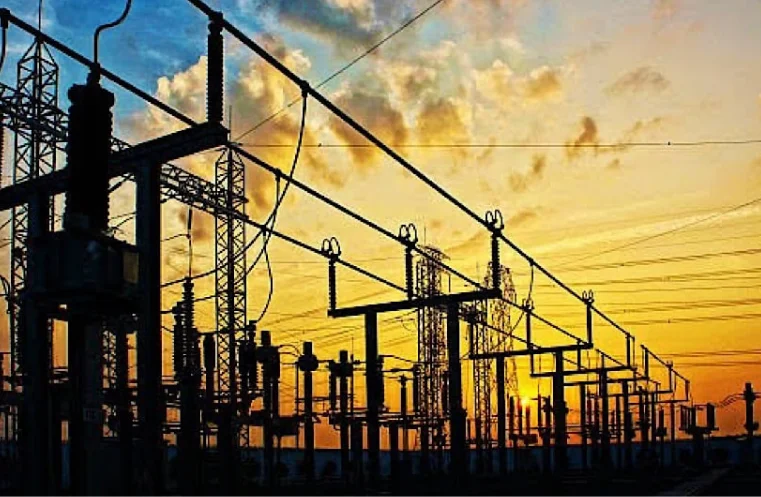Islamabad, Mar 6, 2025: Pakistan’s industrial sector is grappling with electricity tariffs nearly twice as high as those in China, India, and the United States, as per the International Energy Agency’s (IEA) latest report, Electricity 2025 — Analysis & Forecast to 2027.
While the report does not explicitly address Pakistan’s issues, it highlights similar challenges faced by other economies, where the average electricity costs remain 18% lower than those in the South Asian nation.
In 2024, the industrial electricity tariff in Pakistan stood at an average of 13.5 cents per kilowatt-hour (kWh), significantly exceeding the rates observed in other key economies.
In comparison, the United States and India reported an average of 6.3 cents per kWh, China recorded 7.7 cents, and the European Union stood at 11.5 cents.
Read More:
SBP Requires Collateral for Islamic Banks’ Mudarabah Use
The report further pointed out that surging energy costs are compelling industries to relocate from Europe, a scenario that could potentially replicate itself in Pakistan, affecting economic stability and export viability.
Projections indicate that global electricity consumption is set to increase at an annual rate of 4% until 2027, fueled by the expansion of industrial activities, the proliferation of data centers, and the transition toward electrification.
However, the persistently high power tariffs in Pakistan remain a significant obstacle to sustainable economic growth and global market competitiveness.
Additionally, the report highlighted that in 2024, wholesale electricity rates in the European Union, India, the United Kingdom, and the United States saw an average decline of approximately 20% compared to the previous year.
This reduction closely followed the global decline in energy commodity prices.
Nevertheless, electricity prices in most regions, excluding the United States and the Nordic countries in Europe, remain considerably above their pre-pandemic levels.
With electricity costs playing a crucial role in industrial expansion and economic sustainability, Pakistan must urgently address its energy pricing strategy to enhance industrial productivity, attract foreign investment, and strengthen its export sector.
Without decisive policy interventions, high energy expenses could further weaken the country’s economic outlook and global competitiveness.
